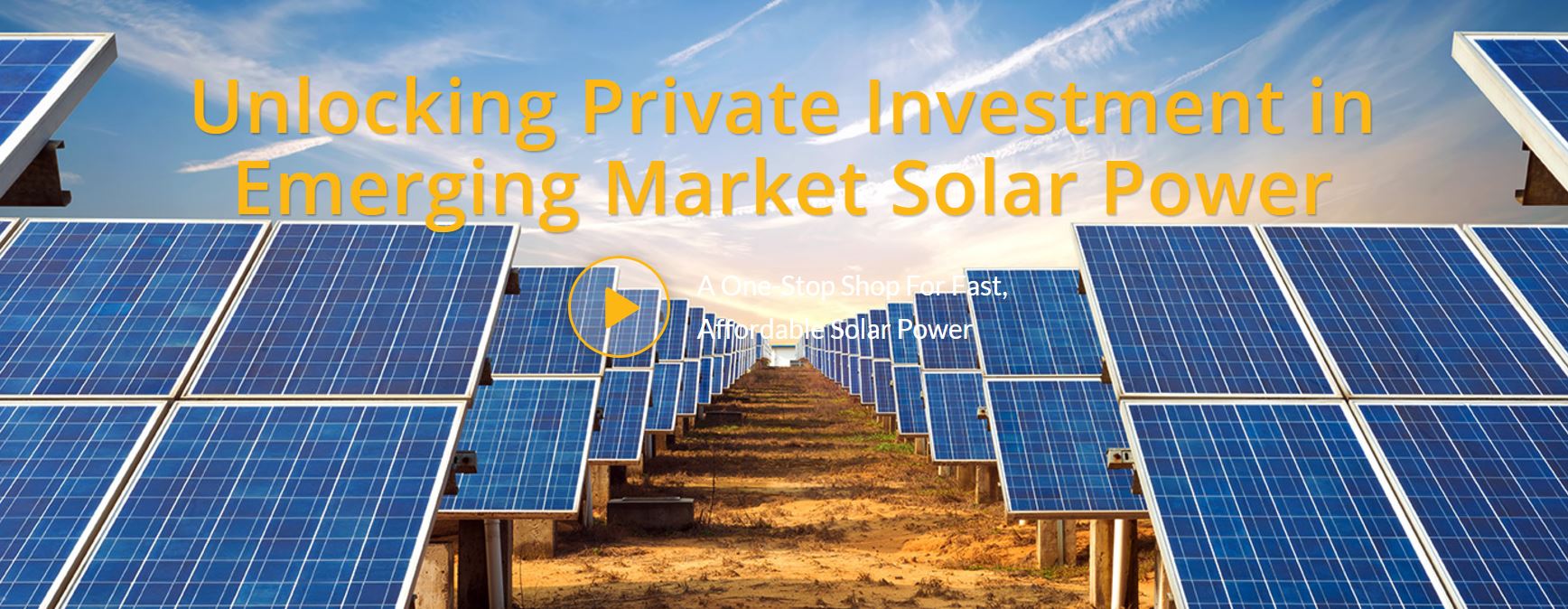
Public-Private Partnerships (PPPs) require the coordination of an impressive number of stakeholders to mobilize the commercial financing needed to achieve sustainable, inclusive growth in challenging environments. A great deal of analysis, negotiation, and hard work goes into every project. And each one presents an opportunity to encourage investors to venture into countries and compete for projects they wouldn’t have considered before and, ultimately, to create new markets.
While the commercial and legal challenges involved in structuring PPPs are well known, the efforts that go into conducting rigorous technical due diligence are less well known. For example, projects that aim to provide utility scale solar PV on short order, like the World Bank Group’s Scaling Solar program, require a team of experienced engineers from IFC’s Energy and Water Advisory working hand in hand with our PPP transaction advisors, legal experts, and environmental and social specialists to make them a reality.
Solar plant development stages include pre-feasibility studies, permitting, financing, detailed engineering design, construction, and finally commercial operation. As the government and broader Scaling Solar team go through the transaction development and structuring process, IFC’s Energy and Water Advisory team works on a range of detailed studies to ensure the projects are technically viable and properly sized.
In fact, the project wouldn’t get to the request for qualifications stage without the technical team’s assessments of energy resources and yield estimates, grid connection, ground conditions, hydrology and topography. While some of this analysis can be carried out remotely (e.g. assessing the solar resource using satellite data,) the technical team is frequently Scaling Solar’s boots-on-the-ground—performing onsite assessments and capacity building integral to the program’s success.
Why is this so important? Because infrastructure projects on the scale of Scaling Solar are highly complex. There are completion risks from permitting, licensing, or construction delays; financial risks if solar resource estimates are off, weather patterns change unexpectedly, or if there’s excessive performance degradation of the PV plant; as well as off-taker and regulatory risks that can affect a project’s viability. Managing and reducing these risks is part of what Scaling Solar is providing countries and developers.
Projects like Scaling Solar need optimism, determination and anticipation. You need optimism that the public and private sectors can work together to complete the procurement and development processes required to deliver an operational solar PV plant. You also need determination to keep the project moving forward in the face of inevitable obstacles. And finally, you need anticipation to avoid the many pitfalls that can arise. Scaling Solar takes these aspirations and constraints into account from the start of each engagement with comprehensive assessments of the power sector, paired with careful concept development, and rigorous site selection and investigation.
Simply put, technical project preparation helps lower project risks. Taken alongside Scaling Solar’s suite of bankable documents and stapled financing, our engineers are helping the program stimulate investment and create utility-scale solar markets in countries that need them most.
While Scaling Solar might have begun in Africa with engagements in Zambia, Senegal, Madagascar, and Ethiopia, it can be applied in any region with adequate solar resources, sufficient sector credibility, and a committed country client. But, irrespective of the region, successful implementation depends on a diverse team of experts working towards the same goal—providing more people with access to increased renewable power.
To learn more, visit http://www.scalingsolar.org.
Related Posts
Why Zambia’s 6 cents is more significant than Dubai’s 3 cents
Renewables, solar, and large size projects trending in new data on private participation in infrastructure


Join the Conversation